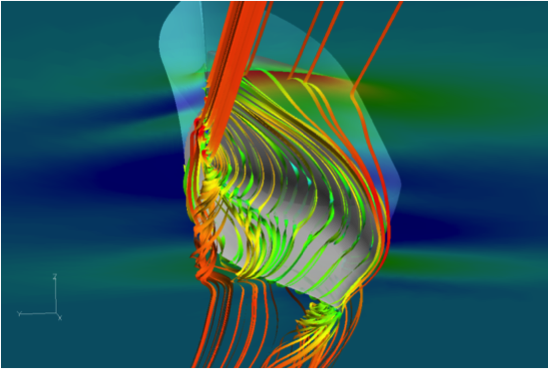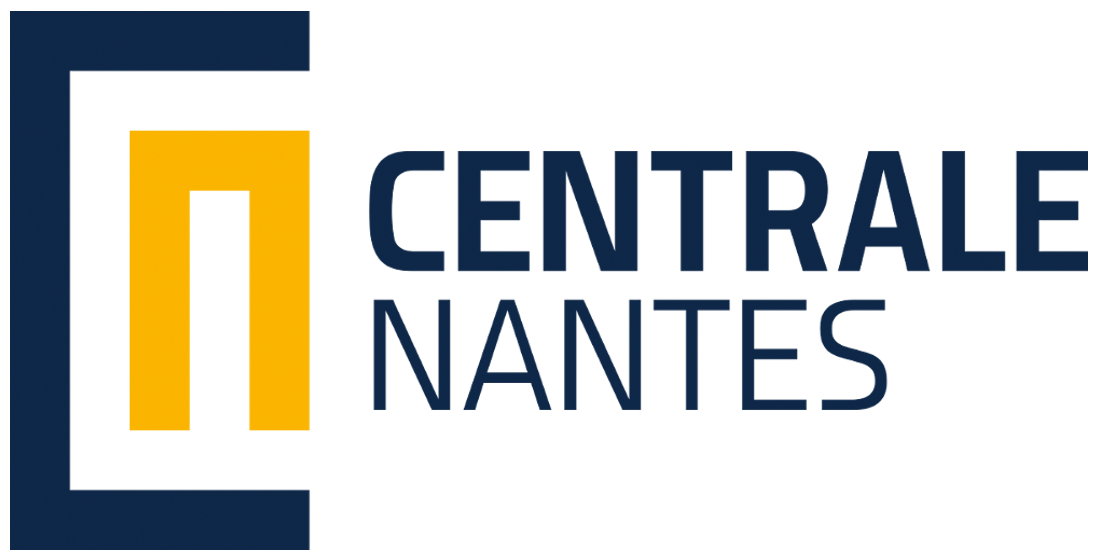
General framework of the training offer
Marine technology, mechanical engineering, civil engineering, automatic control and robotics, city and urban environment, industrial engineering – Centrale Nantes proposes 6 masters (16 specialisms) and 3 Erasmus Mundus masters, a guarantee of academic excellence.
Training content
This master specialism aims to give students advanced training on typical problems of hydrodynamics applied to naval architecture and ocean engineering: ship resistance, seakeeping, ship behaviour in irregular seas, water, waves and marine environment… physical, modelling and numerical aspects are studied.
The programme includes theoretical courses on typical hydrodynamics problems: ship resistance, wave induced motions, wave and marine environment modeling … and numerical methods used to solve these problems. A large part of the programme is also devoted to the practical use of software to solve the problems cited above through a large variety of numerical methods: boundary elements or spectral methods under potential flow theory, finite-difference or finite-volume techniques in solvers for viscous flows, Smooth Particle Hydrodynamics (SPH). Students are also involved in practical work using the ocean test facilities (towing tank, wave tank equipped with an multiflap wave generator etc.)
The programme of study lasts two academic years – denoted by M1 and M2 and is taught in English.
This Master’s programme is accredited by the French Ministry of Higher Education.
Specific contribution to MRE
Career Prospects
The main prospects for employment after the Master programme are found in the naval industry, shipping, oil sector, coastal engineering or that of marine renewable energies; within R&D departments or design offices.
PhD opportunities
At the conclusion of the Master’s degree, graduates can pursue a PhD, in particular within the Laboratory of Hydrodynamics, Energy and Atmospheric Environment, which offers experimental and / or numerical studies, often in cooperation with industrial partners on numerous themes: wave-structure interactions, simulation of sea states on large estates, improvement of the generation and propagation of swell, hydrodynamic impacts, ship damage, marine renewable energies (wave energy, offshore wind etc).
Professional skills
- Build and use models dedicated to hydrodynamics for ocean engineering
- Define and perform experiments for free-surface hydrodynamics problems
- Solve – numerically – free surface problems for ocean engineering applications
In addition to the above specialism-specific skills, students will also develop more general skills:
- Identify models, perform simulation and analyse results
- Communicate comprehensive results in a meaningful way
- Undertake bibliographic surveys of international research and professional literature
- Manage or be part of a project


